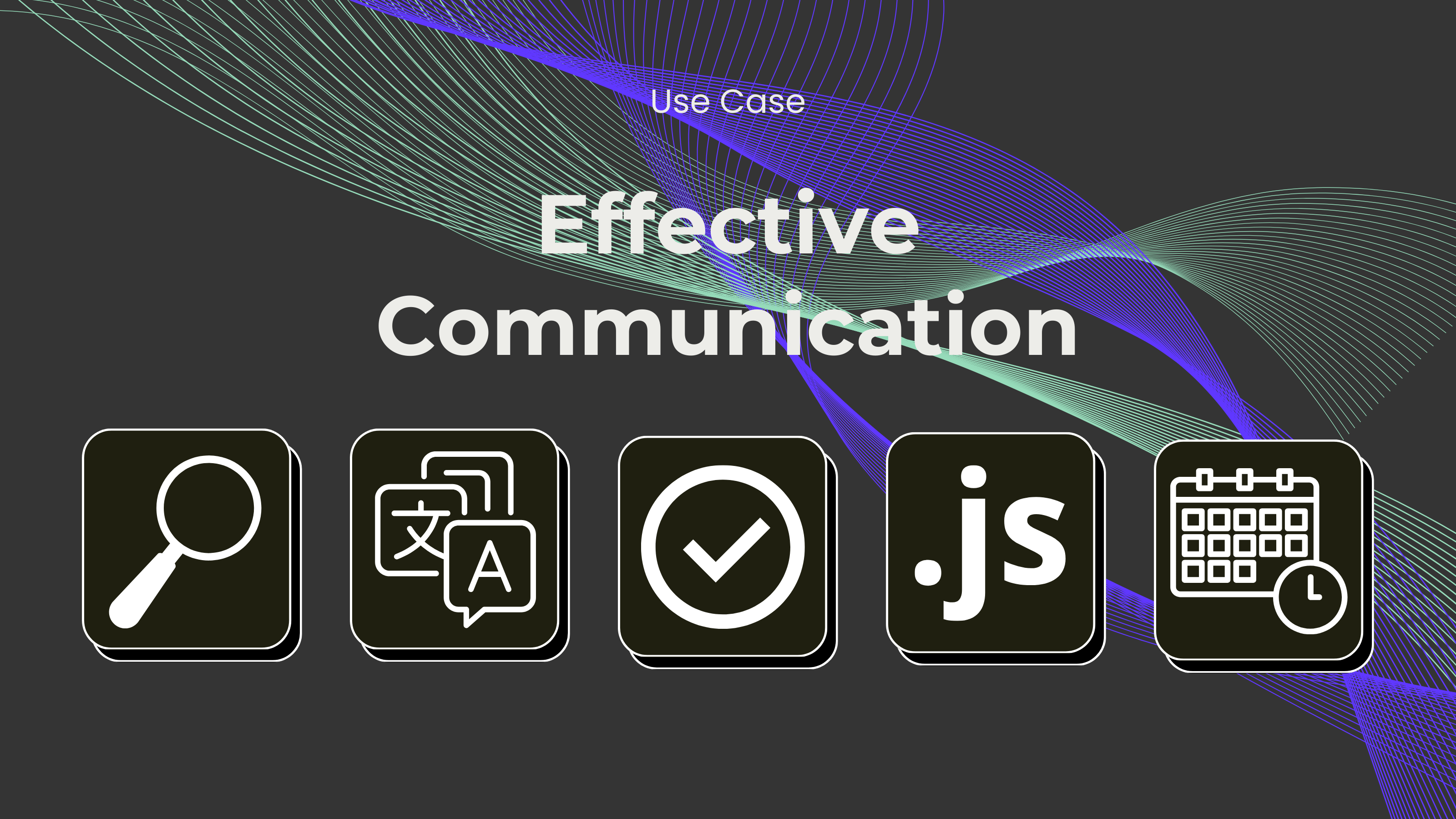All posts
Summarizer.org vs. 0CodeKit
Explore how these two AI-powered text summarization tools, Summarizer.org and 0CodeKit's Too long to read endpoint, simplify content analysis. In this blog, we examine these tools' features, such as language support, adjustable summary lengths, and more.
New UI Improvements
Discover the latest enhancements to 0CodeKit's user interface. Learn about updates to subscription information display, the introduction of an affiliate program, simplified password changes, and an improved usage table for a better user experience.
Benefits of Temporary Storage
In this blog, we discuss the importance of short-term storage solutions for data management efficiency. Temporary storage optimizes system performance and cost management while enhancing security by reducing unnecessary retention of documents.
Protecting Sensitive Information with Temporary Storage
Explore our blog on how temporary storage solutions can enhance data protection by storing sensitive information for limited periods, minimizing risks of unauthorized access. Learn about compliance with data privacy regulations like GDPR, and more.
Short- vs. Long-Term Storage
Explore the nuances of short-term and long-term data storage to determine which best meets your needs. Short-term storage is ideal for frequently accessed files, while long-term storage securely preserves data for months or years.
How to Run Python Code in n8n
In this blog, we explore two methods for running Python within n8n: using the PythonFunction node and the 0CodeKit Python endpoint. We guide you through installation, set up, and execution, aiding workflow automation with Python scripting.
Weekend Detection Tutorial
Discover how to automate your scheduling process with our Check weekend date endpoint, designed to check if a given date falls on a weekday or weekend. In this blog, we provide a step-by-step guide to setting up this feature using Make and 0CodeKit.
Email Validation Tutorial
Emails play a critical role in business communication, but errors in email addresses can lead to privacy risks and misdirected information. In this blog, we explore how to use the 0CodeKit Validate an email module to ensure email accuracy and security.
Switch JSON Values Tutorial
Discover how the Get JSON values from keys endpoint transforms data retrieval from JSON sources, simplifying the handling of large datasets. In this blog, we detail setting up the module in Make, offering a step-by-step guide to input datasets and retrieve specific data.
Solutions for Effective Communication
Explore how 0CodeKit enhances business communication and efficiency with AI-powered endpoints. In this blog, we detail features like language detection, mood analysis, translation, email validation, image content analysis, JavaScript, and smart scheduling.
Email Translation Tutorial
In this blog, we reveal how to automate email translation using 0CodeKit. Learn to integrate language detection and translation into your workflow using automation platforms, ensuring efficient, real-time language conversion without manual effort.
Tally.so and 0CodeKit
Explore the powerful applications of Tally and 0CodeKit in enhancing business efficiency. In this blog, we discuss how 0CodeKit integrates with Tally's form-building capabilities to optimize email verification, UTM parameter parsing, date verification, and more.
6 Endpoints for Retail
In this blog, we explore six crucial endpoints for maximizing e-commerce potential in retail, focusing on key features like image resizing, HTML to PDF conversion, currency conversion, text translation, and QR code generation to integrate online and offline shopping.
How to Solve Code Integration Issues
In this blog, we tackle using collections in Make for code modules, highlighting the challenges with these complex data structures. We offer solutions by employing Make’s built-in tools to transform collections into code-friendly formats seamlessly.
Audio Transcription Tutorial
In this blog, we present a streamlined method to transcribe audio files into text. By integrating services like Dropbox and 0CodeKit, you can quickly convert audio content into Google Docs. A video tutorial is also available to guide you through the setup.
.png)

